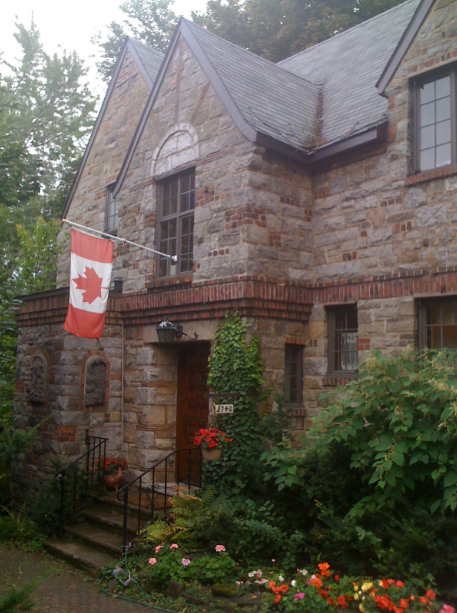So you’re living outside of Canada and are considering investing in some property. We’ve compiled a little how-to guide to help you plan out the purchase process.
Owning property as a foreigner –
Citizenship isn’t what guides the purchase process if you are a foreigner. In fact, even Canadian citizens who don’t reside in the country for six months out of the year are going to have to go through the same process. In Canada, you are welcome as a buyer regardless of where you are from; further, there are no restrictions on the type of property or amount you can spend when purchasing.
With this in mind it is important to note that just because you purchase property, you aren’t considered a citizen. So you can’t lawfully live in the country. You still must go through the naturalization process set in place by Canada’s Immigration laws.
The financing options –
As a non-resident you may qualify with a Canadian lender; the caveat being you typically need a large down payment when buying. Typically something in the 35% range is required for down payments, and credit worthiness along with income proof will be required for you to qualify for a mortgage with a Canadian lender. And, even though interest rates are still quite attractive, as a non-resident, you should expect them to be a little higher than is the case with residents.
Taxes for a property purchase –
Keep in mind this is only a guideline. You still should speak to your accountant to fully understand tax implications when you purchase a property. As a foreign buyer, you pay the same land tax transfer as a Canadian resident would. (In most provinces) If this is a first time purchase which you plan to use as a primary residence, further tax incentives might be available.
When you plan on selling that property, non-residents do face additional taxes. If you don’t comply with Canada Revenue Agency (CRA)s rules, penalties will be levied. The CRA site has a full list of details for those tax implications when selling as a non-resident.
Insuring your investment –
Since proof of home insurance is required to obtain a mortgage, you will need insurance; but, as a non-resident, it is going to be higher than the cost Canadian residents pay.
The offer process –
With Skype, Facetime, and other online means of communication today, placing an offer, and getting assistance are simple to do today, even if you aren’t living in Canada. And, although many lenders require buyers to sign all documents in person, with a verified Power of Attorney, you can bypass this requirement as well.

